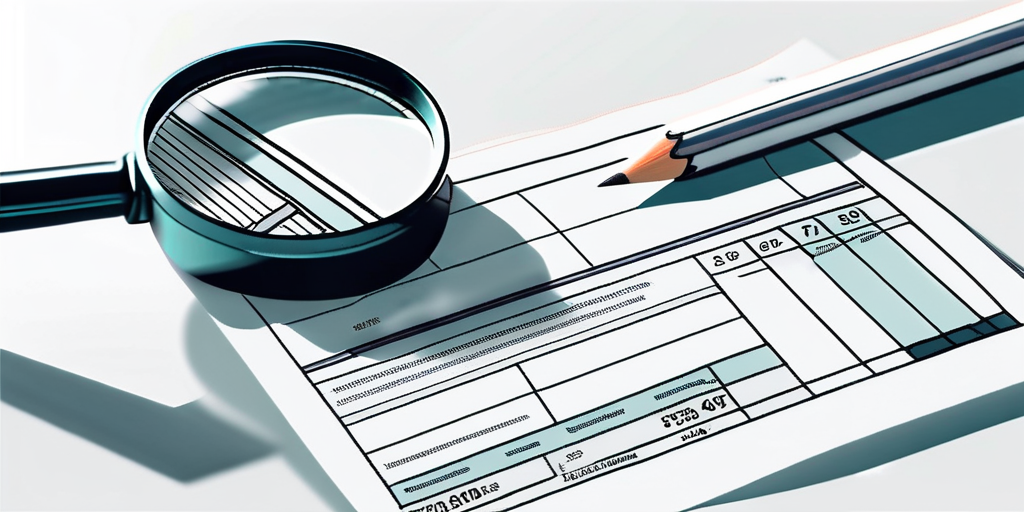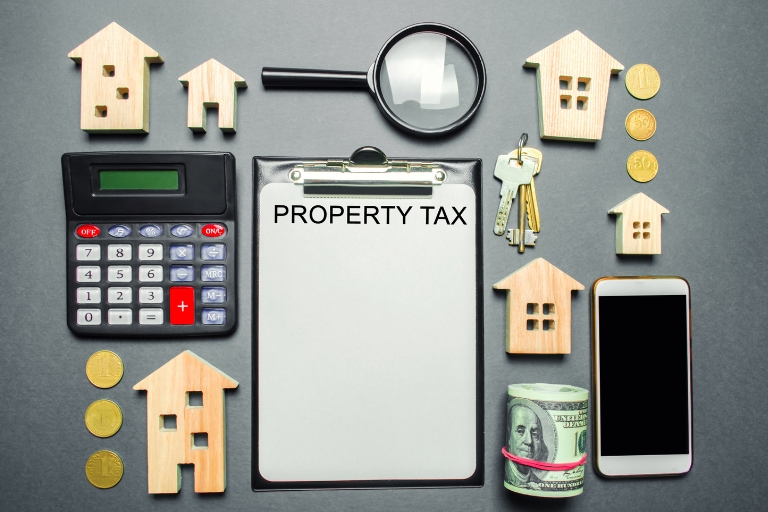Welcome, dear reader, to the thrilling, rollercoaster ride of property tax planning. Yes, you read that right. Thrilling. Rollercoaster. Property tax. In the same sentence. Buckle up, because we’re about to dive into the exhilarating world of tax codes, deductions, and exemptions. Who needs action movies when you have tax law, am I right?
Now, before you run off screaming into the night, let me assure you that this won’t be as painful as it sounds. In fact, we’re going to have a grand old time. We’ll laugh, we’ll cry, we’ll probably fall asleep at least once, but by the end of it, you’ll be a bona fide property tax planning expert. So, grab a cup of coffee (or five), put on your favorite pair of reading glasses, and let’s get started.
The Basics of Property Tax
Property tax, my dear friend, is the bane of every homeowner’s existence. It’s like that annoying mosquito that buzzes around your ear when you’re trying to sleep. But fear not, for I am here to help you understand this pesky little creature.

Property tax is a levy on property that the owner is required to pay. The tax is levied by the governing authority of the jurisdiction where the property is located; this can be a national government, a federated state, a county or geographical region, or a municipality. It’s like paying rent to the government for the privilege of owning property. Isn’t that fun?
How is Property Tax Calculated?
Now, you might be wondering, “How on earth do they calculate this tax?” Well, dear reader, it’s a magical process involving unicorns, fairy dust, and complex mathematical formulas. Just kidding. It’s mostly the math.
Property tax is typically based on the value of the property. This includes both the land and the buildings on it. The tax rate can vary depending on the type of property and its location. The government assesses the value of the property, applies the tax rate, and voila! You have your property tax. Simple, right? If only.
Types of Property Tax
Just when you thought it couldn’t get any more complicated, I’m here to tell you that there are different types of property tax. I know, I know. It’s like a plot twist in a soap opera.
There’s real property tax, personal property tax, and special assessments. Real property tax is for things like land, houses, and permanent structures. Personal property tax is for movable things like cars and boats. And special assessments are for public improvements that benefit your property, like a new sidewalk or streetlight. It’s like a buffet of taxes!
Tax Planning and Property Tax
Now that we’ve covered the basics of property tax, let’s move on to the exciting world of tax planning. Tax planning is like a game of chess. You need to strategize, plan your moves, and always stay one step ahead of the taxman.
Tax planning involves understanding how to manage your taxes in a way that minimizes your tax liability. In other words, it’s about figuring out how to pay as little tax as legally possible. It’s like a treasure hunt, but instead of looking for gold, you’re looking for tax deductions and credits.
Why is Tax Planning Important?
Now, you might be thinking, “Why should I care about tax planning?” Well, dear reader, tax planning is important for a number of reasons. First, it can help you save money. And who doesn’t like saving money?
Second, tax planning can help you avoid nasty surprises come tax time. There’s nothing worse than finding out you owe the government a ton of money. Trust me, it’s not fun. And third, tax planning can help you make smarter financial decisions. It’s like having a crystal ball that shows you the tax implications of your actions.
Property Tax Planning Strategies
Alright, now that we’ve covered why tax planning is important, let’s talk about some property tax planning strategies. These are like secret weapons in your battle against the taxman.
One strategy is to challenge your property tax assessment. If you think your property has been overvalued, you can appeal the assessment and potentially lower your tax bill. Another strategy is to take advantage of tax deductions and exemptions. For example, you might be able to deduct property taxes on your federal income tax return. It’s like finding hidden treasure in the tax code!
Conclusion
Well, dear reader, we’ve come to the end of our thrilling journey through the world of property tax planning. I hope you’ve learned a thing or two and had a few laughs along the way. Remember, tax planning is a crucial part of managing your finances, and with the right strategies, you can minimize your tax liability and keep more of your hard-earned money.
So, the next time you’re feeling overwhelmed by property taxes, just remember: you’re not alone. With a little knowledge and planning, you can conquer your property tax fears and become the master of your own tax destiny. Now, go forth and conquer!


